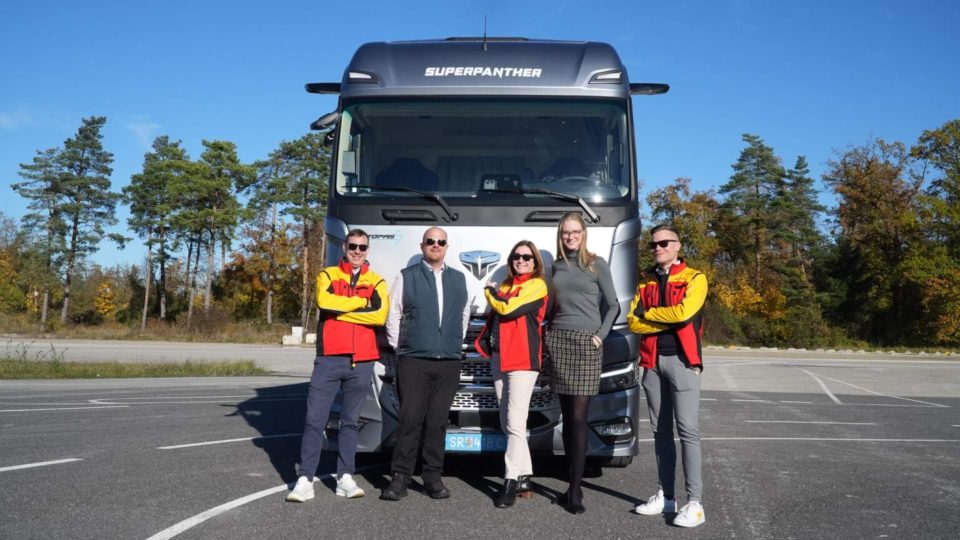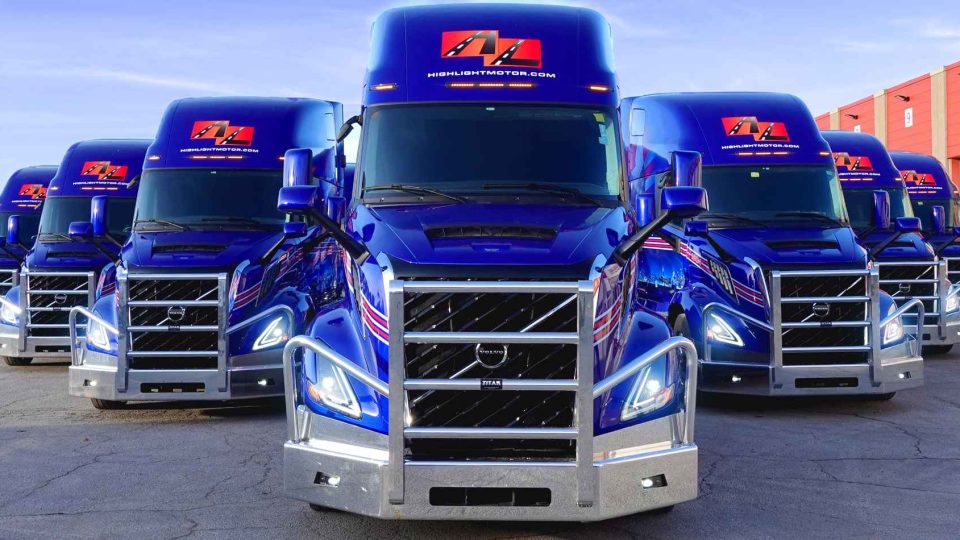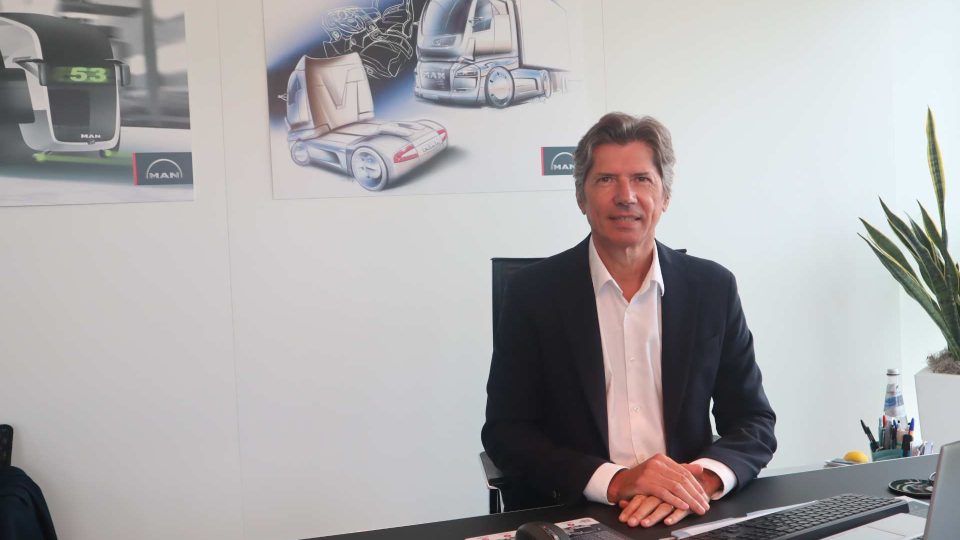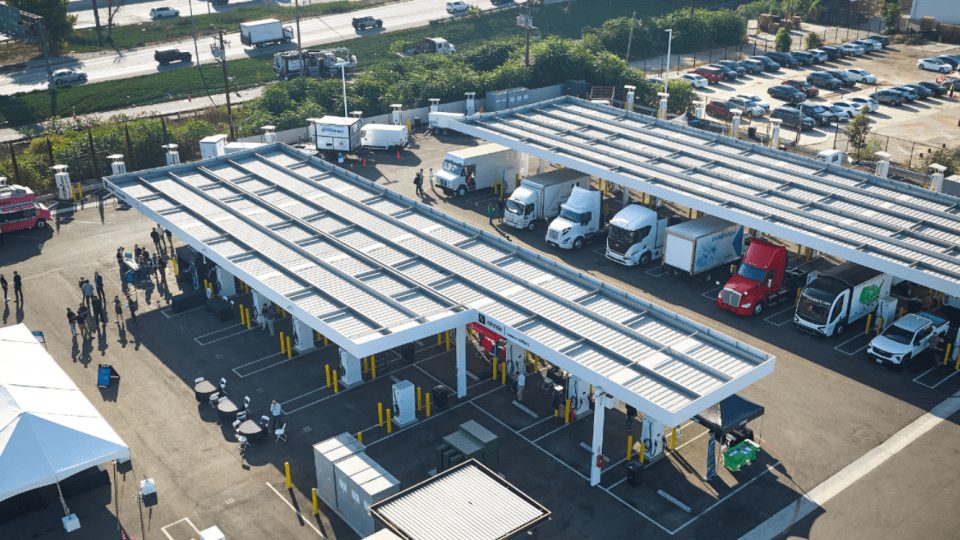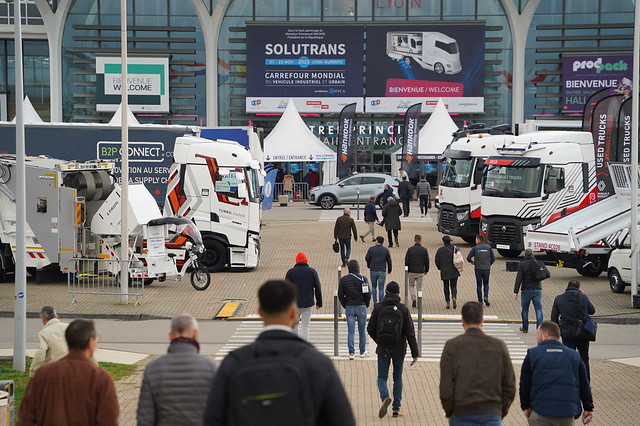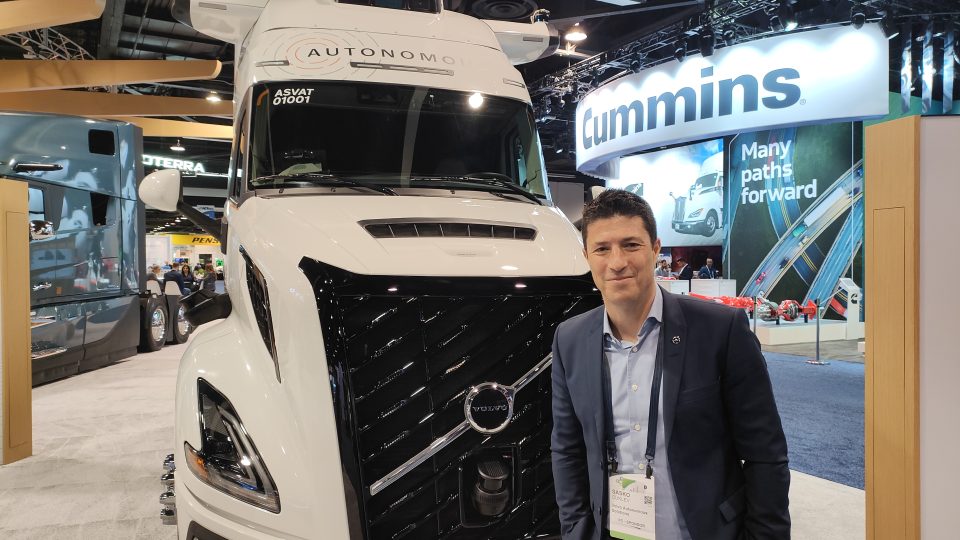From the XCursor engine, up to e-axles and batteries, FPT keeps on backing IVECO. Our interview with Daniele Pozzo
FPT Industrial has played a key role in IVECO's fifty-year history. In fact, the Iveco Group's engine and powertrain division has been developing some of the engines that have clocked up thousands of miles under the cabs of several truck models over the decades. This collaboration is set to grow even stronger in this era of technological diversity, with FPT working also in the e-axle and battery fields. We discussed this with the Head of Marketing & Product Management at FPT Industrial.
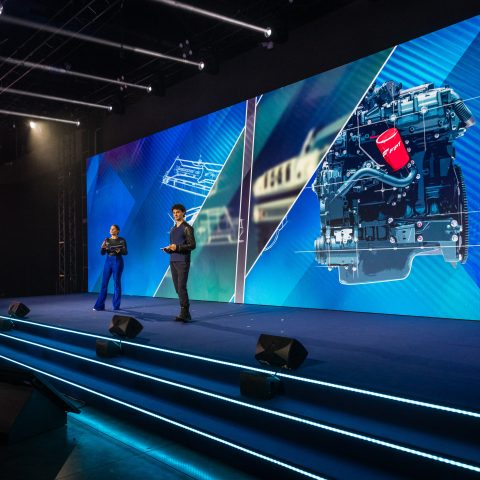
FPT Industrial has played a key role in IVECO’s fifty-year history. In fact, the Iveco Group’s engine and powertrain division has been developing some of the engines that have clocked up thousands of miles under the cabs of several truck models over the decades. Without necessarily retracing the history of a relationship that today – after the spin-off at the beginning of the decade that marked the independence of the on-road family from what was the CNH Industrial Group – appears more solid than ever.
Moreover, with the advent of electric mobility, which IVECO is also exploring on several fronts, it can only grow stronger in the near future, as proven by FPT Industrial’s investment in the state-of-the-art ePowertrain plant in Turin. Here, modules and battery packs are assembled, as well as electrified axles.
Our chat with Daniele Pozzo (FPT Industrial, starting from the XCursor engine)
In Turin, at the event organized by Iveco Group at the Officine Grandi Riparazioni, we had the pleasure of meeting Daniele Pozzo, Head of Marketing & Product Management at FPT Industrial. The first topic on the table was the XCursor 13 engine, developed by FPT and one of the main innovations in the brand-new Model year 2024 range, presented at the end of 2023 in Barcelona by IVECO. “The feedbacks from the first few months in the field regarding the XCursor 13 have been quite positive: customers are seeing first-hand the performance data we announced in the brochures, both in their interactions with dealers and then with the dealers’ customers. The magic number for us is 10%, which is the fuel savings compared to the previous range.”
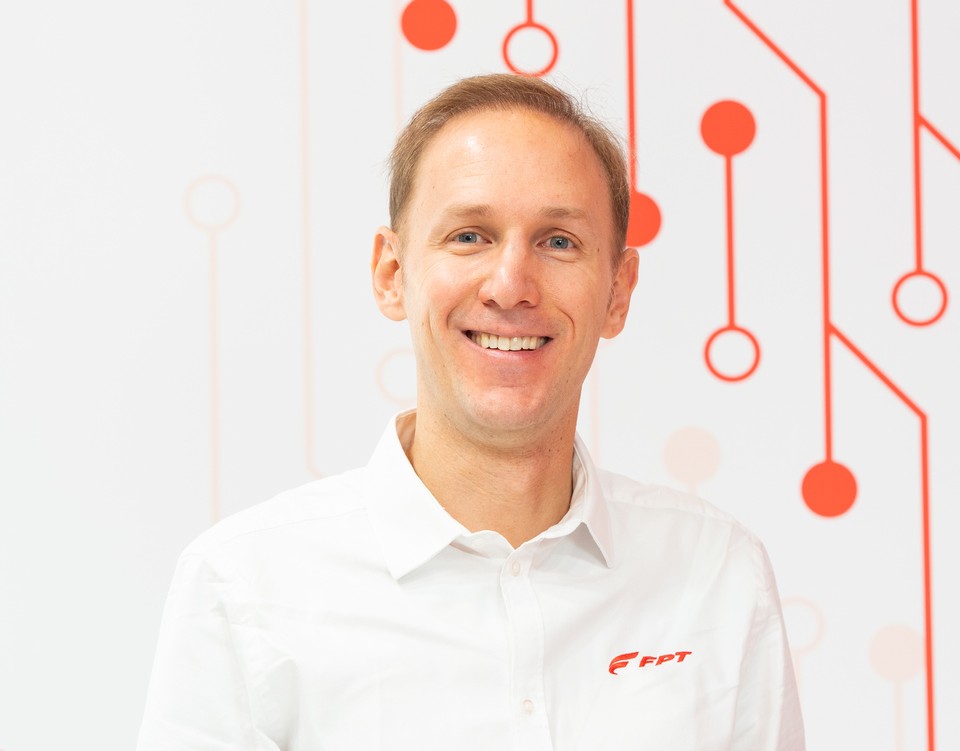
What can we say about engine performance?
“The XCursor 13 is an engine with more torque and more power than the previous 13-litre model. These are also features that customers can see for themselves. Indeed, we developed a lighter engine: one of our targets was to remove practically 100 kilos of weight from the engine. Now, this aspect may be less noticeable in a 44-ton combination, but in percentage terms, for us who design engines, trying to reduce the weight of the engine by almost 10% was a challenge that led us to focus on different materials and make innovative choices.”
How much is FPT focusing on the development of natural gas engines for on-road applications?
“We are focusing heavily on alternative fuels in general. This is a path that FPT began almost 20 years ago, and we continue to stay on the course, fully aware that it is only one of the ways to approach energy transition. Customers can already adopt this solution today if they want to be carbon neutral. We introduced it and have now sold more than 100,000 natural gas engines. We do this across the heavy, medium, and light ranges, a unique feature that FPT guarantees to its customers.
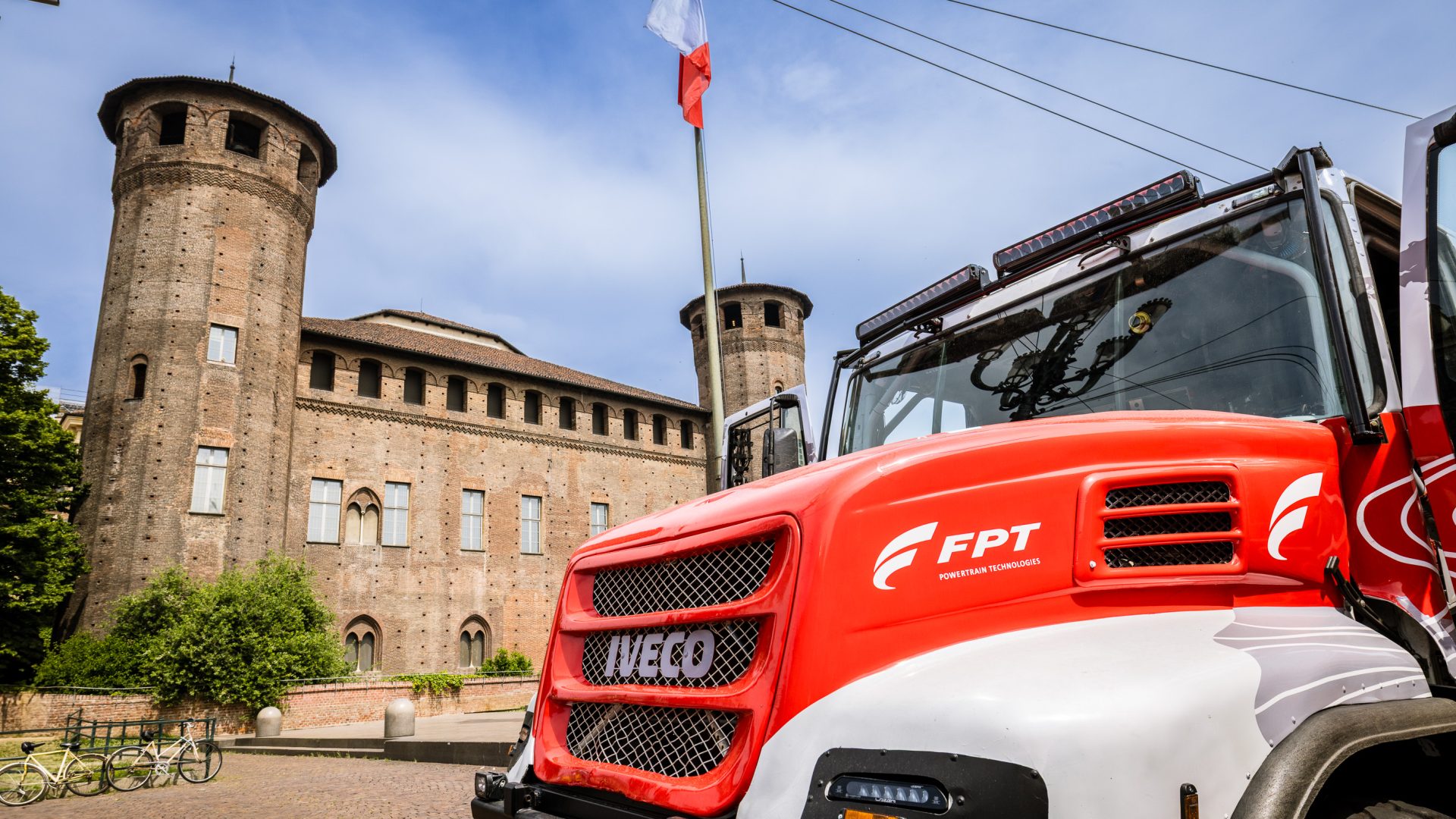
FPT Industrial’s role in electric mobility
To mark its 50th anniversary, IVECO is introducing some new electric models. What is FPT’s contribution to IVECO’s electrified range, and what are the prospects?
“The ePowertrain Plant in Turin is an actual starting point for us. In proportion to the rest of our business today, the ePowertrain Plant still weighs very little, but we are in a phase of energy transition that is moving at a rather slow pace. We at FPT have made a significant investment and are trying to keep pace with the market, which is not sprinting but running a marathon, so to speak. Thinking about the products, we have made choices about the powertrain, so much so that we are the solution that IVECO adopts for light and heavy commercial vehicles. We have also made prudent choices in terms of energy storage, i.e., batteries, covering some of IVECO’s needs (the eDaily rather than the heavy S-eWay, for the moment, ed.). This, in summary, is how we are moving forward as FPT, working on both the propulsion and energy storage aspects.”
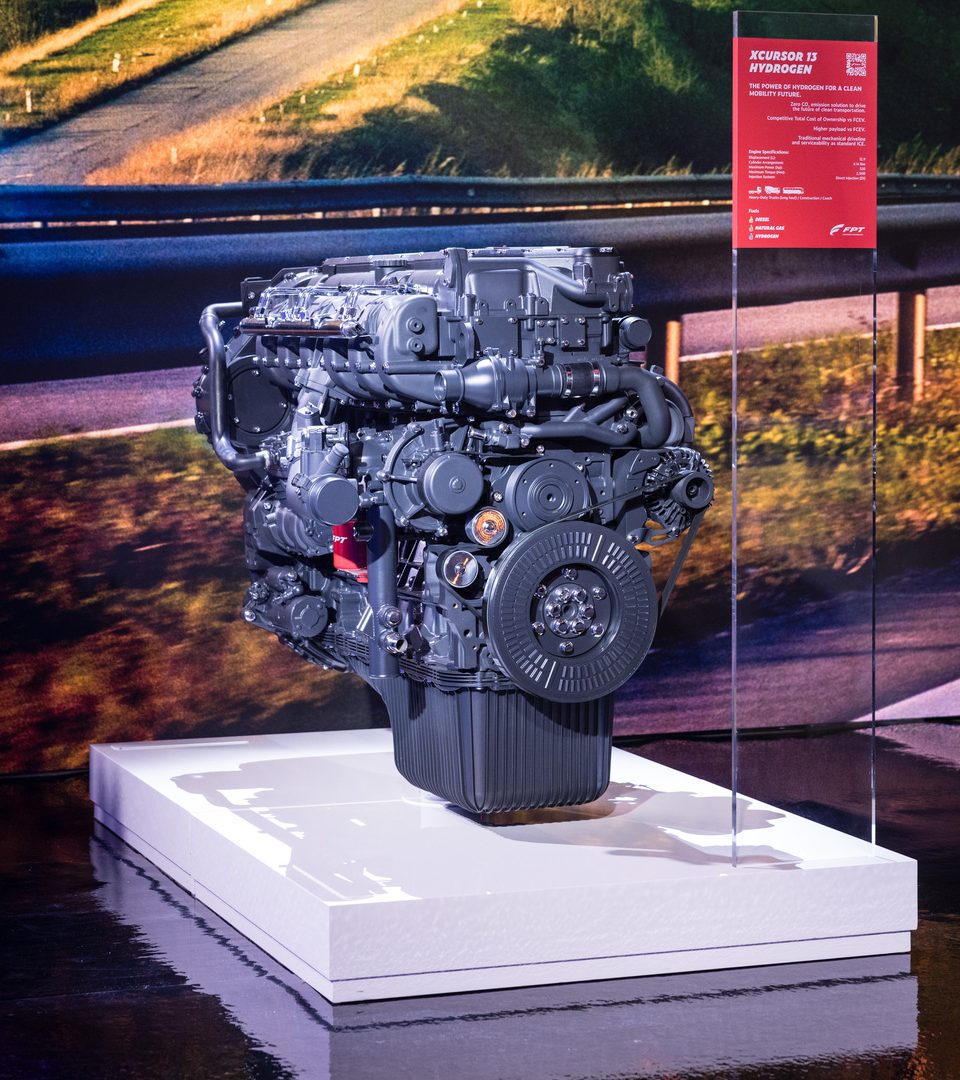
What made FPT move along the strategy you just outlined?
“The ePowertrain Plant is rather complex, and since we started working with IVECO on some products, we decided (on the energy storage side) to focus on applications that would have a faster adoption rate, namely light commercial vehicles and buses. Let’s not forget that FPT is also a company that is undergoing a transformation and has had to set up a roadmap to address these changes. Batteries, for example, were also something for us, as we are not chemists. We also had to change our skills, acquiring companies already present on the market to gain knowledge that, as a company, we did not have in the field of batteries.”




